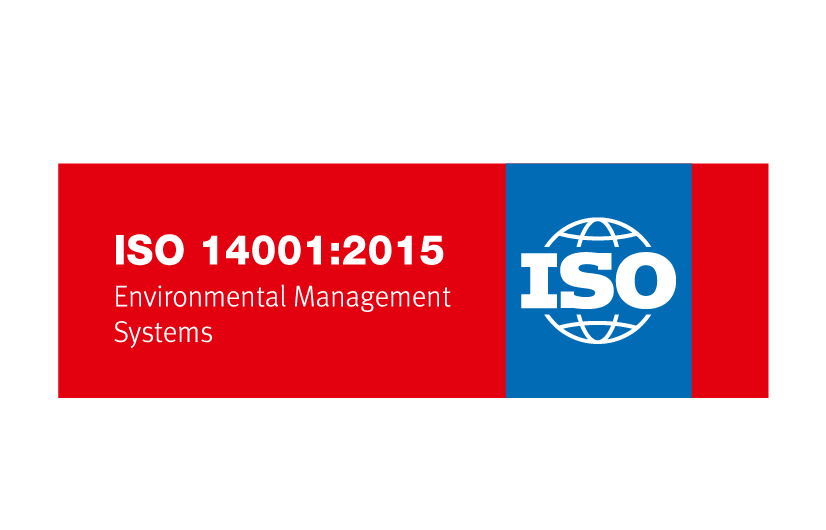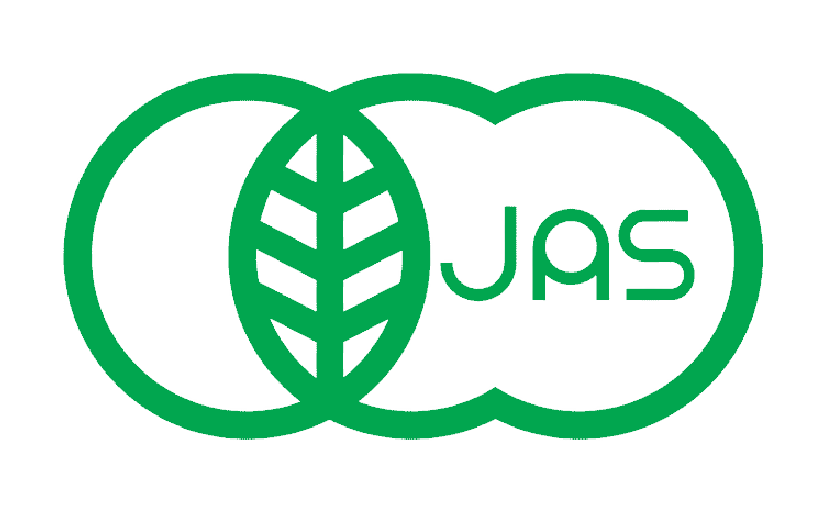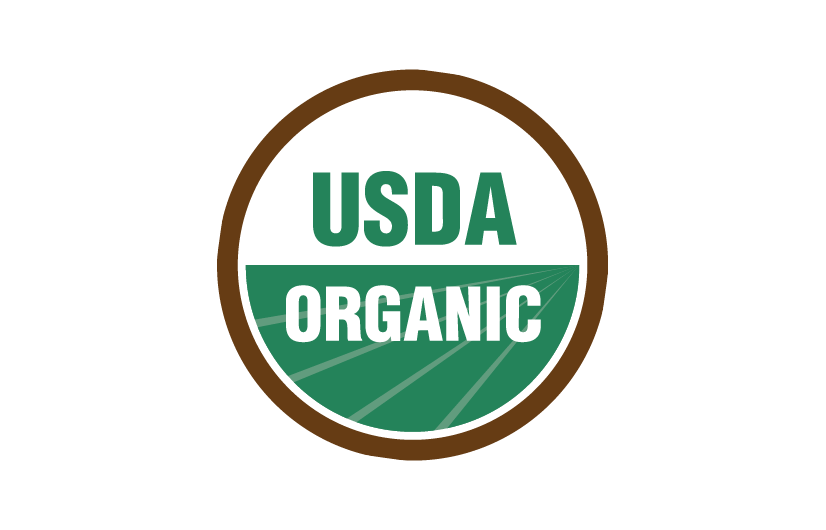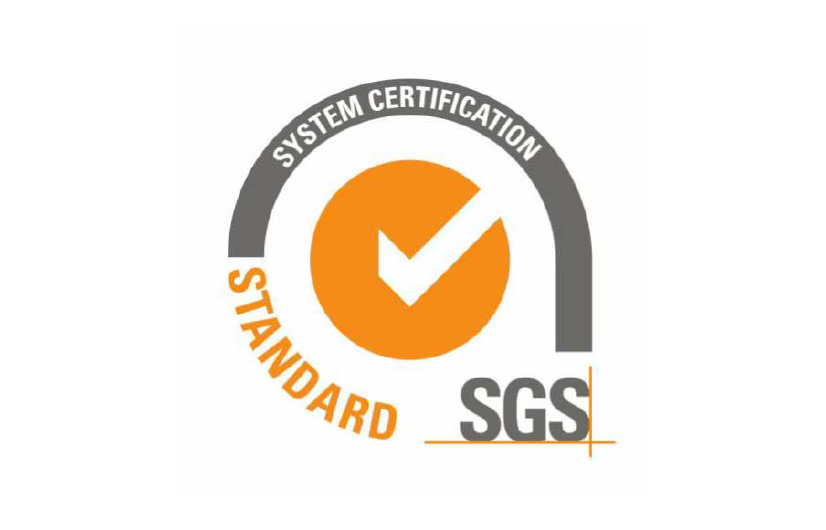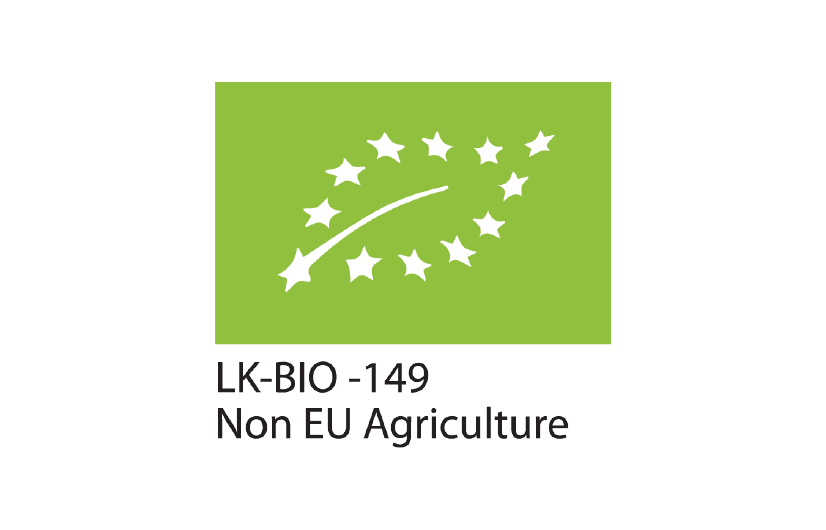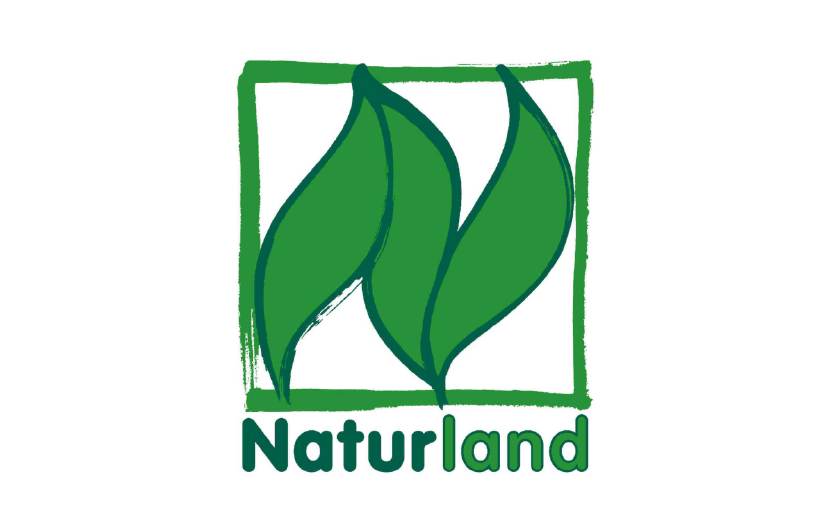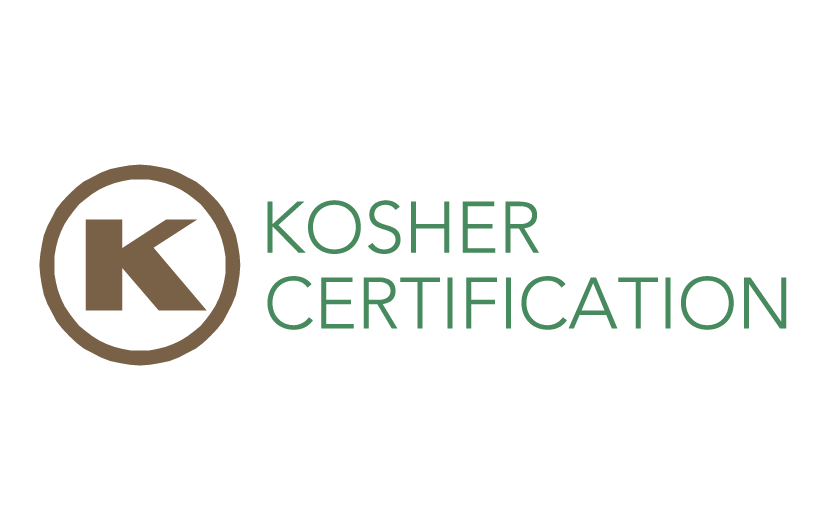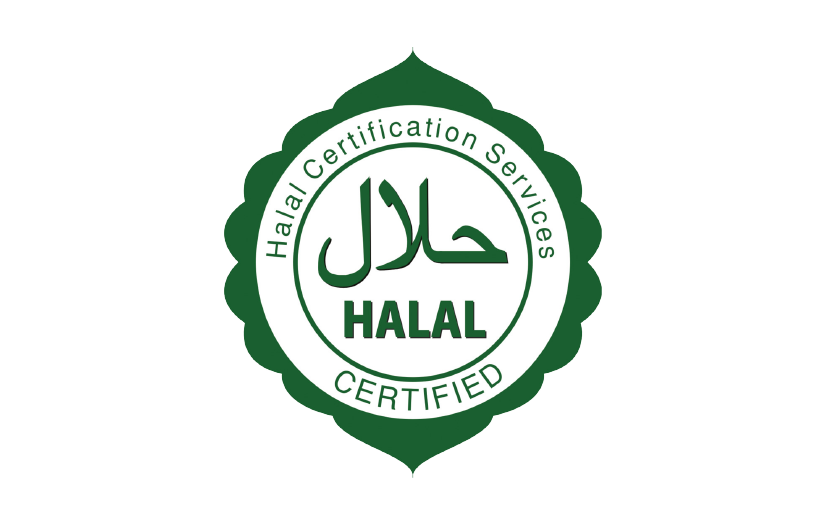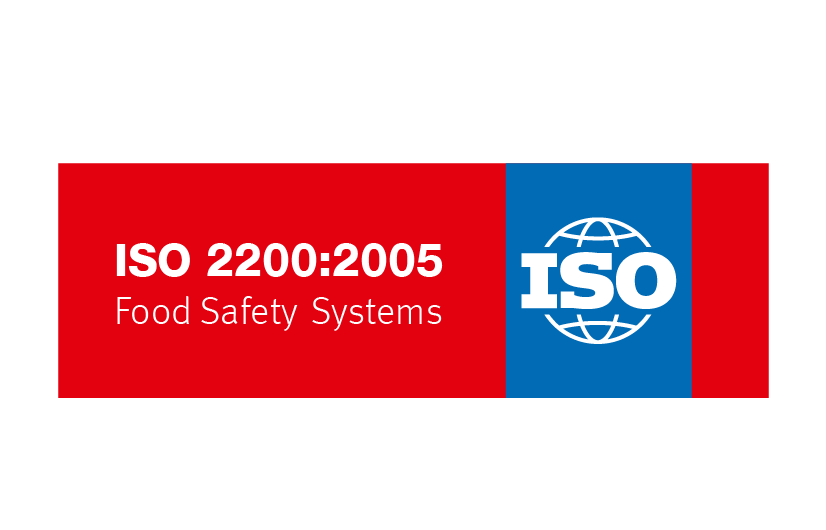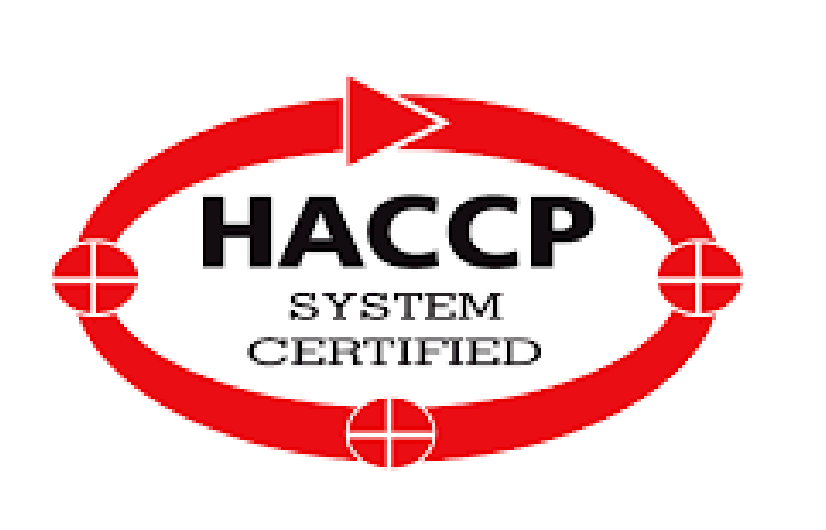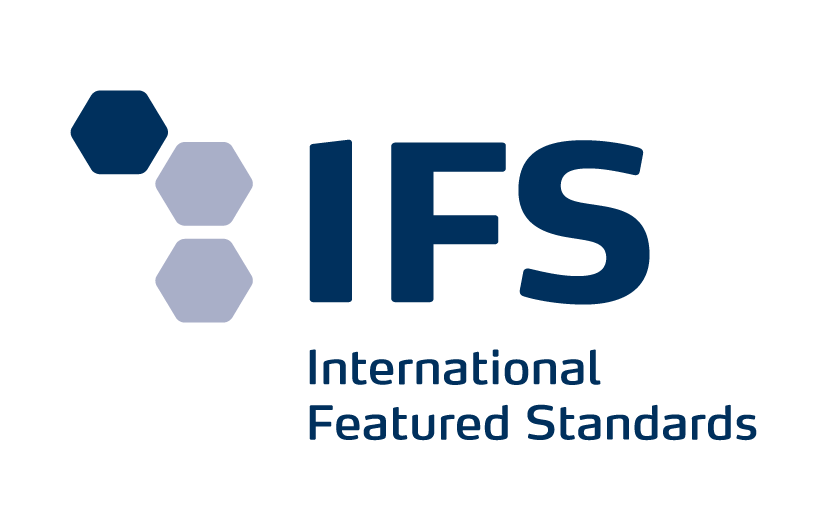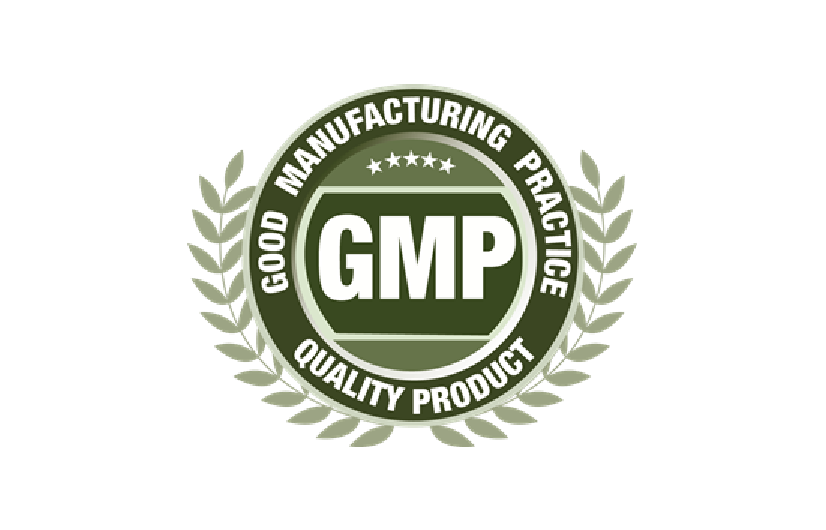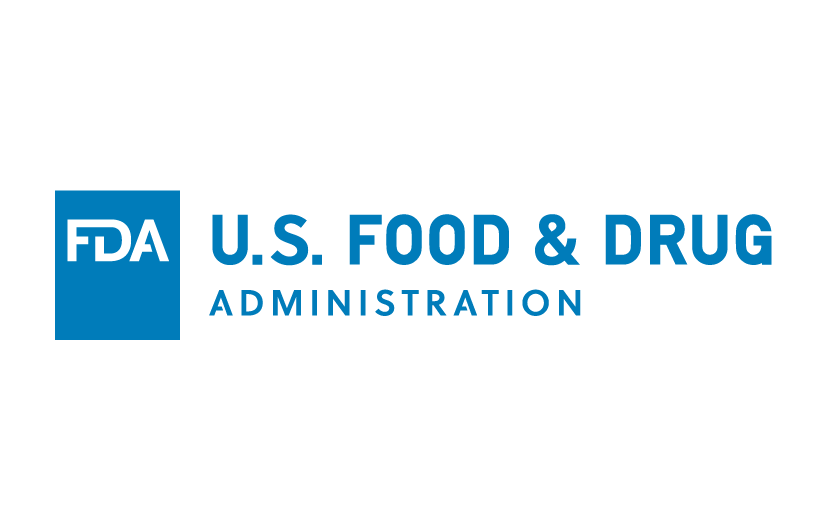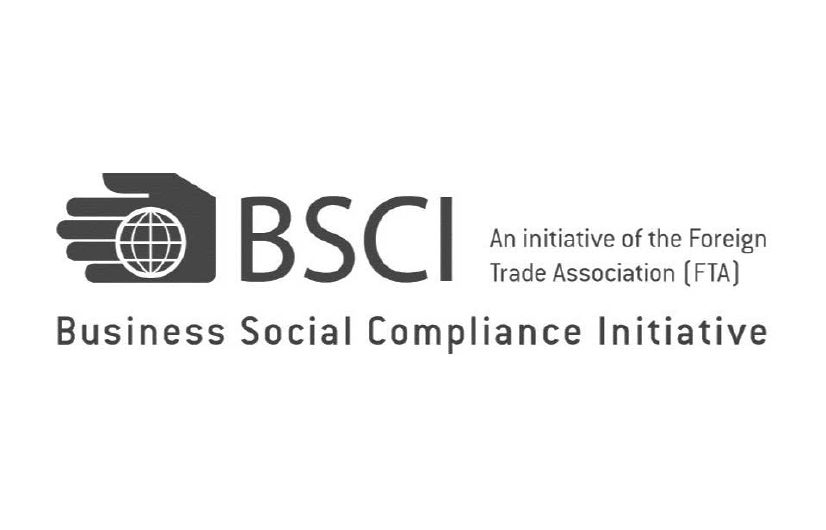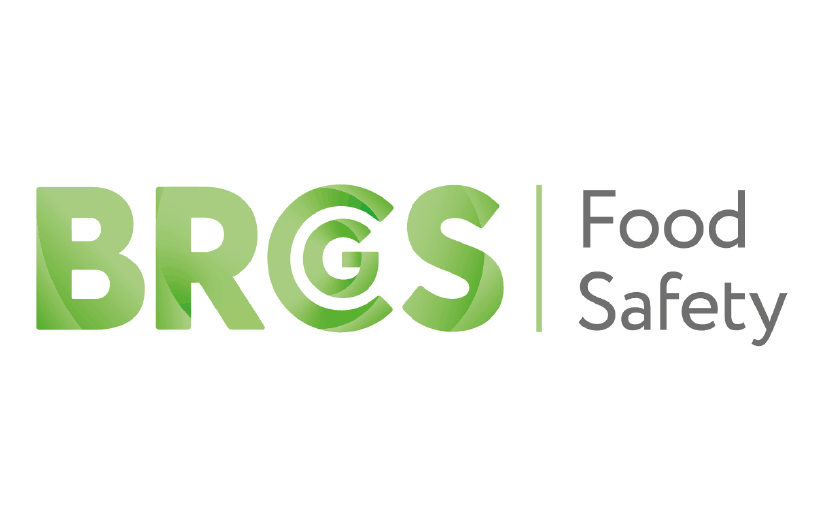Certifications
At I Love Coco it is guarantees that you are able get high quality products that are made in the most organic way. To further advance this, we showcase our certifications that allow for our customers and consumers to evaluate our experience, test the quality of our products, analyze the acknowledgements of institutions on our products as well as recognize our consumer base and quality range of products.
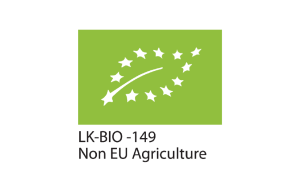
Organic EU
The European Certificate of Organic Agriculture allows our organic produce to be commercialized within the European Union. The European Certificate, a key certification of organic agriculture is certified subject to factors such as climate and environmental protection, soil fertility, and conservation , etc.
This is an organic agriculture certification offered by European Commission for the product categories are designated by the following codes
• A –unprocessed plant products
• B –live animals or unprocessed animal products
• C –aquaculture products and seaweeds
• D –processed agriculture products for use as food
• E –processed agriculture products for use as feed
• F –vegetative propagating materials and seeds for cultivation
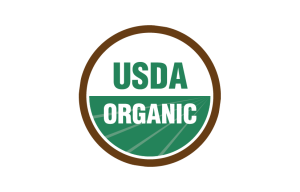
USDA -NOP
Organic is a labeling term that indicates that the food or other agricultural product has been produced through approved methods. The organic standards describe the specific requirements that must be verified by a USDA-accredited certifying agent before products can be labeled USDA organic.
•Overall, organic operations must demonstrate that they are protecting natural resources, conserving biodiversity, and using only approved substances.
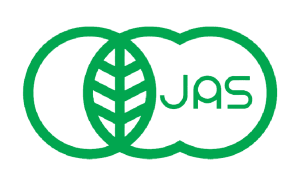
JAS Organic
The European Certificate of Organic Agriculture allows our organic produce to be commercialized within the European Union. The European Certificate, a key certification of organic agriculture is certified subject to factors such as climate and environmental protection, soil fertility, and conservation , etc.
This is an organic agriculture certification offered by European Commission for the product categories are designated by the following codes
• A –unprocessed plant products
• B –live animals or unprocessed animal products
• C –aquaculture products and seaweeds
• D –processed agriculture products for use as food
• E –processed agriculture products for use as feed
• F –vegetative propagating materials and seeds for cultivation
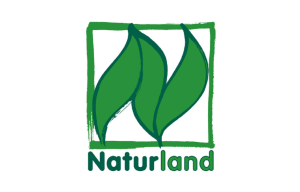
Naturland-German Association for Organic Agriculture
Naturlandstandards are based on the principles of sustainable management. Organic farming in line with NaturlandStandards means to practice nature, climate and biodiversity protection. It means to preserve and maintain soils, air and water resources, as well as to ensure consumer protection.
•The Naturlandstandards existed long before the first statutory regulations on organic farming were introduced by the EU. And we still create a significant impetus today by continuously developing the Naturlandstandards.
•The Naturlandstandards go far beyond the legal minimum requirements for organic production in the EU.
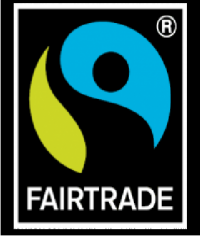
FairTrade-Flocert
Fairtrade is one of the world’s best-known and most successful standards for improving ethical performance across supply chains. It promotes better prices, decent working conditions, local sustainability and fair terms of trade for farmers and workers in the developing world. FLOCERT’s role in this is to certifies all elements of the supply chain – from farming or production of raw materials, all the way to final packaging. To do this, FLOCERT auditors visit organizations to assess whether they meet the Fairtrade Standards and conduct inspection and issue Fairtrade certificate to trade Fairtrade certified product with Fairtrade logo
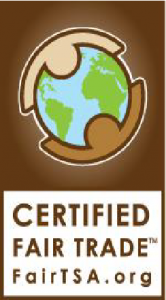
Fairtrade Sustainability Alliance [FairTSA]
Fairtrade is one of the world’s best-known and most successful standards for improving ethical performance across supply chains. It promotes better prices, decent working conditions, local sustainability and fair terms of trade for farmers and workers in the developing world. FLOCERT’s role in this is to certifies all elements of the supply chain – from farming or production of raw materials, all the way to final packaging. To do this, FLOCERT auditors visit organizations to assess whether they meet the Fairtrade Standards and conduct inspection and issue Fairtrade certificate to trade Fairtrade certified product with Fairtrade logo
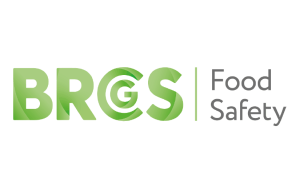
BRC (British Retail Consortium Global Standard
BRC is an international Food Safety Management Systems standard, and is one of the GFSI recognized certification schemes. It contains requirements for food processors to follow to build an effective food safety management system.
The requirements of the standard address the key elements that must be in place for a organization to ensure production of safe product.
BRC Certification is recognized by GFSI, an important consideration when choosing a certification scheme because many major manufacturers and retailers require a GFSI recognized certification.
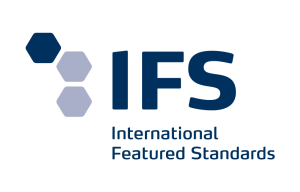
IFS (International Featured Standard)
The standardized IFS Food evaluation system helps to reduce the need for repeat audits, which saves you time and money. The programe also helps to improve the understanding of quality and safety processes across a organization and throughout the entire supply chain, providing standards that deliver uniformity and transparency.
BenefitstoIFSFoodcertification
Enhance your brand image
Build consumer confidence
Open your way to new market opportunities
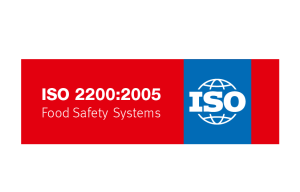
ISO 2200:2018 Food Safety Management System
ISO 22000 sets out the requirements for a food safety management system and can be certified to it. It maps out what an organization needs to do to demonstrate its ability to control food safety hazards in order to ensure that food is safe. • The aim of ISO 22000 is to harmonize on a global level the requirements for food safety management for organizations within the food chain. It is particularly intended for application by organizations that seek a more focused, coherent and integrated food safety management system than is normally required by law
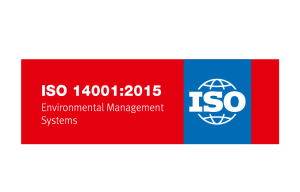
ISO 2200:2018 Food Safety Management System
SO 14001 is an internationally agreed standard that sets out the requirements for an environmental management system. It helps organizations improve their environmental performance through more efficient use of resources and reduction of waste, gaining a competitive advantage and the trust of stakeholders.
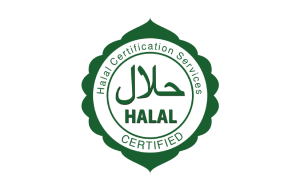
ISO 2200:2018 Food Safety Management System
A Halal certified product means that the product is permissible or acceptable in accordance with Islamic law. In order for products to receive this certification, , they must be from an acceptable source such as a cow or chicken and slaughtered according to these laws. • Offering Halal certified products allows Muslim consumers to be confident that the products they use are in alignment with their culture and beliefs
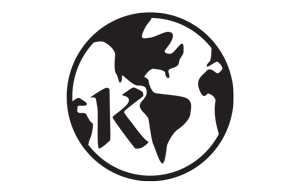
Kosher Certificate
- The Kosher certificate is a document issued by certification agencies and the Chief Rabbinate of Israel, in which a Rabbi certifies that the products referred (usually food products) fulfill the biblical precepts of the Jewish religion.
- This certificate is not only required for Israel but also for other countries in which there are Jewish communities calling for kosher products, such as the USA, United Kingdom, France, Russia,Argentina or Mexico. • Kosher certificates are requested especially for food: meat (slaughter of animals and salting process), fish, milk and eggs, canned and preserved foods. They also include feed additives (preservatives and dyes) and fiber of animal origin.
- Products that are kosher certified are often marked with a kosher symbol, or simply the letter K (as the letter M is used to identify Halal products for Muslim population)
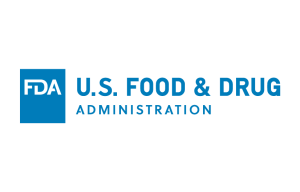
FDA Certificate
The U.S. Food and Drug Administration (US FDA) is responsible for assuring that food sold in the United States is safe, wholesome and properly labeled. This applies to food produced domestically, as well as food from foreign countries.
• The Federal Food, Drug, and Cosmetic Act (FD and C Act) and the Fair Packaging and Labeling Act are the Federal laws governing food products under US FDA jurisdiction.
• The Bio-terrorism Act requires US FDA regulations for domestic and foreign food facilities, that manufacture, process, pack, or hold food for human or animal consumption in the U.S. Owner, operator, or agent in charge of domestic or foreign food facility is required to register their facility with the US FDA.
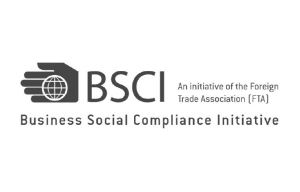
AMFORI BUSINESS SOCIAL COMPLIANCE INITIATIVE (BSCI) CERTIFICATION
The amfori Business Social Compliance Initiative (BSCI) is an industry-driven movement that aims to monitor and assess workplace standards across the global supply chain.

SMETA Certificate
The amfori Business Social Compliance Initiative (BSCI) is an industry-driven movement that aims to monitor and assess workplace standards across the global supply chain.
